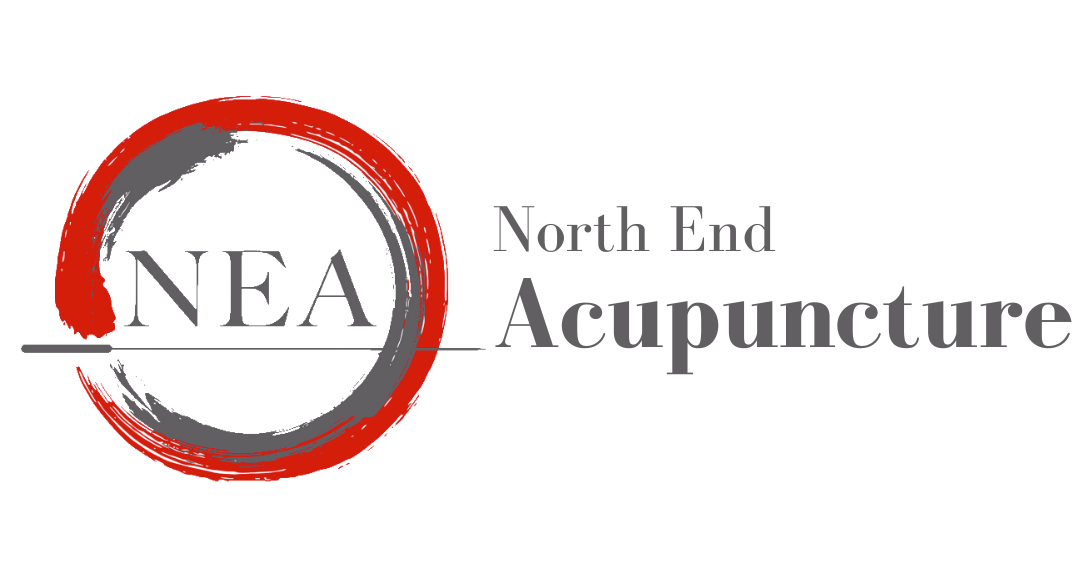How Acupuncture Can Help With Sleep Apnea
North End Acupuncture and Chinese Herbal Medicine Book A ServiceContact UsIf you’re one of the millions of Americans living with sleep apnea, you know how disruptive it can be—not only to your sleep, but to your entire quality of life. Interrupted breathing, constant fatigue, and difficulty concentrating during the day can take a serious toll on your health and well-being. While CPAP machines and other medical devices are commonly used to manage sleep apnea, many patients are now exploring holistic, non-invasive treatments like acupuncture to support their healing.
At North End Acupuncture in Boston, we take a whole-body approach to health, and that includes helping patients find relief from sleep apnea symptoms. Here’s how acupuncture may help improve your sleep, breathing, and overall vitality.
What Is Sleep Apnea
Sleep apnea is a condition where breathing repeatedly stops and starts during sleep. The most common type, obstructive sleep apnea (OSA), occurs when the muscles in the throat relax too much, narrowing or blocking the airway. People with sleep apnea often snore loudly, gasp for air during sleep, and experience chronic daytime sleepiness—even if they don’t remember waking up at night.
Left untreated, sleep apnea can increase the risk of high blood pressure, heart disease, stroke, and other serious health conditions.
How Acupuncture May Help Sleep Apnea
Acupuncture, an ancient practice rooted in Traditional Chinese Medicine (TCM), works by stimulating specific points on the body to restore balance and improve the flow of qi (energy). For sleep apnea, acupuncture may help in several ways:
1. Promoting Relaxation and Better Sleep Quality
Many people with sleep apnea also struggle with insomnia or restless sleep. Acupuncture has been shown to calm the nervous system, reduce stress, and increase the body’s natural production of melatonin—helping to promote deeper, more restorative sleep.
2. Improving Muscle Tone in the Airways
Some studies suggest that acupuncture may help tone the muscles around the throat and upper airway, reducing the likelihood of airway collapse during sleep. Specific acupuncture points may also support healthy respiratory function and reduce inflammation that can contribute to airway blockage.
3. Reducing Inflammation and Supporting Breathing
Chronic inflammation in the nasal passages and throat can make sleep apnea symptoms worse. Acupuncture can help reduce inflammation, improve sinus drainage, and promote healthy circulation—leading to clearer breathing at night.
4. Addressing Underlying Imbalances
From a TCM perspective, sleep apnea may be related to imbalances in organ systems such as the Lung, Spleen, and Kidney. By addressing the root cause of these imbalances, acupuncture helps support your body’s natural ability to regulate sleep, breathing, and energy levels.

Acupuncture for Sleep Apnea in Boston, MA
At North End Acupuncture, we understand that no two patients are the same. We take the time to evaluate your unique health history, lifestyle, and symptoms to develop a personalized treatment plan designed to support your overall well-being—including better sleep and easier breathing.
If you’ve been searching for a natural way to manage your sleep apnea—or if you’re looking to complement your existing treatment—acupuncture may offer the relief you’ve been seeking.
North End Acupuncture offers compassionate, personalized care right here in Boston’s historic North End. Schedule your consultation today and discover how acupuncture can help you reclaim restful sleep and renewed energy—naturally.
Choose yourself
Contact us today to learn more about our acupuncture services or to book your appointment. Experience the benefits of an acupuncture session with North End Acupuncture.


